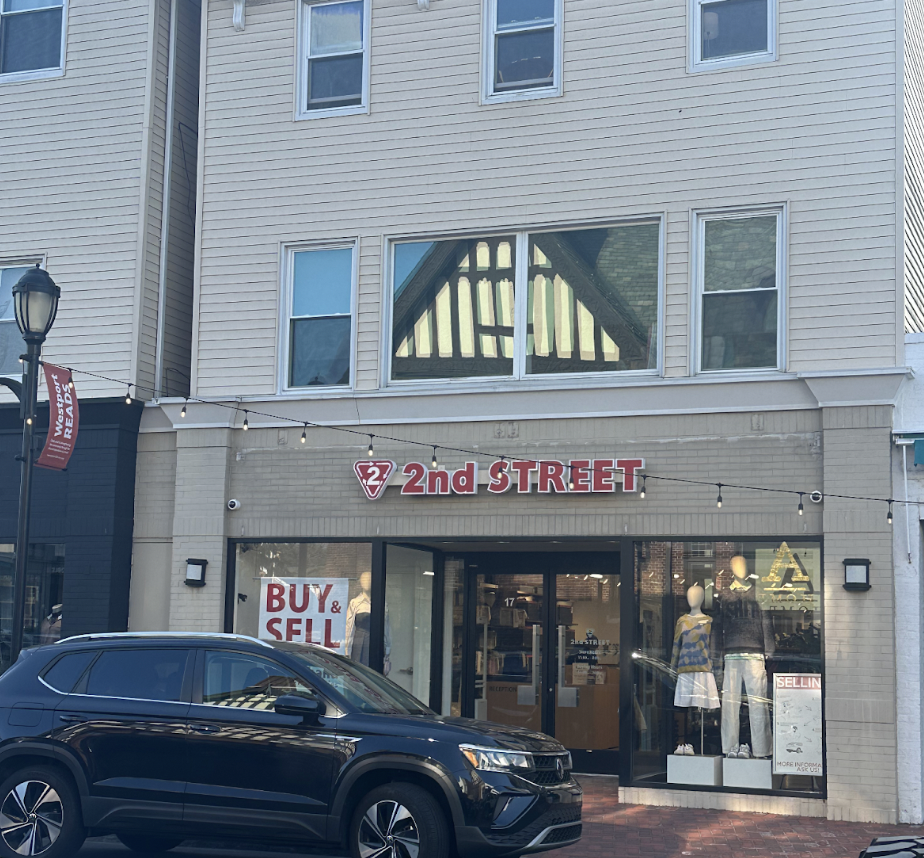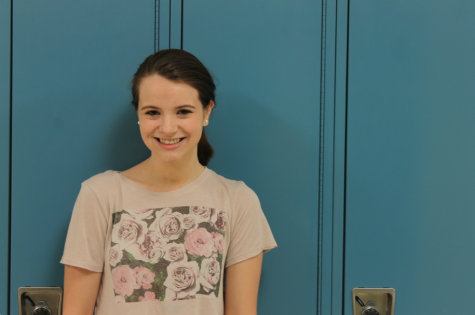Students are stressed. They’re stressed about the future, they’re stressed about their social lives, and they’re stressed, especially stressed, about their classes.
But it isn’t just AP Chemistry or U.S. History Honors that prematurely gray hair and cripple students with caffeine addictions. Some students find their A-level classes much more stressful than anticipated.
“Some A classes can be challenging,” says Nick Bader ’15. “Pre Calc A was harder than I expected because I didn’t realize everything the class would cover. It really depends on the classes you take.” Some A-level classes, he said, are not so bad.
Pre Calc A covers trigonometry identities that the B classes do not. According to Caroline James, a math teacher of 13 years, trig identities are one of the most difficult topics covered in that class.
However, students often do not drop down to a lower level, despite it sometimes being the better fit. “There’s pressure from colleges who seem to want more and more challenging schedules. Students want to up the ante, and some bite off more than they can chew,” says Denise Honeycutt, a guidance counselor.
According to the guidance department, as well as James, A level classes are actually advanced college preparation, not average.
Some students override into higher level courses without realizing the expectations of the class, says Kristin Scott, a Chemistry A teacher. For example, “Chemistry is so heavy in applied math,” Scott explained, specifying the course’s word problems and their demands.
Both Scott and James note that as the year proceeds, students learn whether a course is appropriate. Honeycutt says there’s a stack of override forms outside her office for the 2014-2015 school year. “Students become so ambitious. These high level courses aren’t always about intelligence, but simply time in the day.”
Students agree with Honeycutt but add that they feel there’s a stigma around lower level courses, which leads to overrides. “People should take APs out of passion for the subject, not because they think they have to,” says Rebecca Zlatkin ’15.
There’s unnecessary pressure in Westport, especially as college applications loom over student’s heads, says Zlatkin.
Certain A classes in particular are surprising in their difficulty, students said. Forensics, for example, is a harder course than Sophia Corde ’15 expected. Corde suggests students take it more seriously and go into class “with the right mentality.” With a laugh, Corde says she “feels like we do more than the honors people!”
But regardless of level, Corde says, “You get the grade you work for.”












































